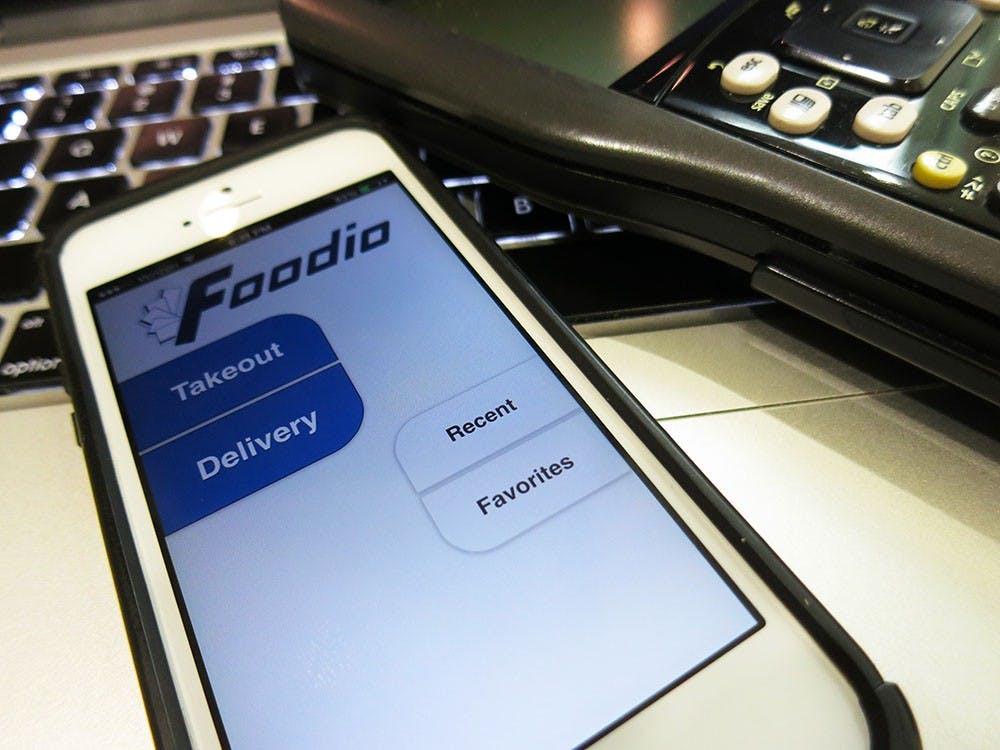Three University graduates have launched a web-based food ordering service based in Charlottesville to compete with familiar names like GrubHub and OrderUp.
Foodio, founded by class of 2013 graduates Rory Stolzenberg, Connor Clark and DJ Collier, is based out of the Darden School’s iLab, the University’s entrepreneurial incubator.
Stolzenberg, founder and CEO of Foodio, said their idea has numerous departures from services like GrubHub.
“We build custom branded ordering systems right into local restaurant’s sites,” Stolzenberg said. “It’s like a Dominos.com experience for local places like Littlejohn's or Boylan Heights.”
Services like GrubHub, meanwhile, are run as intermediaries between restaurants and customers, and make profit by charging restaurants commission based on the number of orders placed through them.
The company, founded during Stolzenger, Clark and Collier’s third years, was originally created in direct competition to other food ordering services. However, since relocating to the Darden iLab, the company has adopted what Stolzenberg calls the “white label model,” in which the company is powered directly through their restaurants’ websites.
Stolzenberger said Foodio is currently used by 22 restaurants, a number he considers hefty enough to compete with other food ordering services.
The company plans to continue development in the Charlottesville area while working to expand in Richmond and even New York.
Stolzenberg said “instead of being listed on some service as a commodity,” Foodio’s model allows the restaurants to operate with their own brand on their own websites.
While Foodio receives most of its sales through its desktop services, the mobile app's limited range of choices and the lack of name recognition for create potential barriers for success.
Though the program was established nearly three years ago, it has not necessarily captivated the student body's attention.
“I know nothing about Foodio — that company is completely foreign to me,” first-year College student Tyler Cox said. “GrubHub is a bridge between hungry people and food providers, such as Dominos or local take-out places. It is sort of like PayPal, but food products on demand.”
Overall, however, University students have reacted positively to the growth of online food ordering services. Their convenience and accessibility have proven to be strong marketing points — though the popularity of a service like Foodio comes down to the restaurants which use it.
“[The] biggest thing is [the] selection of places you can order from and the amount that the site charges for using the service,” first-year College student Araba Dennis said.
Both GrubHub and Foodio can experience severe constraints, however, when technology fails, or when restaurants in the area do not offer online ordering services to their customers.
“GrubHub doesn't always know your exact location, so the selection of places you can order from becomes pretty limited,” Dennis said.







